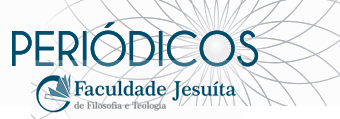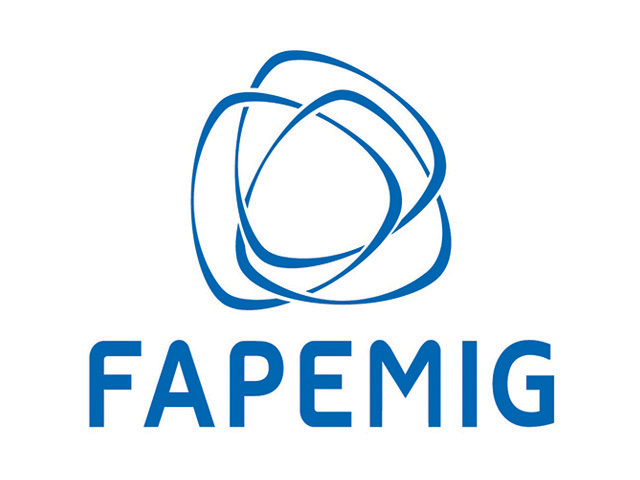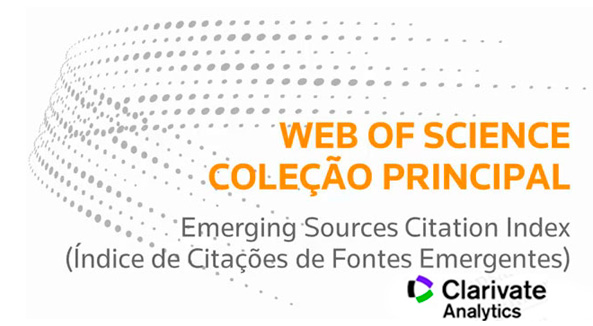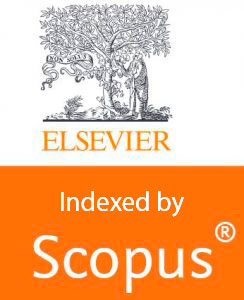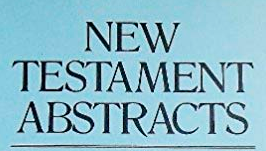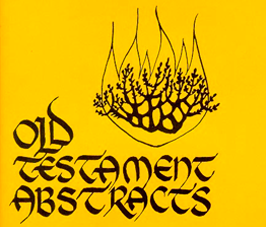PROPOSTA E ÍNDOLE DO CURSO DE TEOLOGIA NA FAJE
DOI:
https://doi.org/10.20911/21768757v39n107p11/2007Resumo
Apresenta-se o Curso de Teologia da FAJE na sua atual estrutura. No nível de Graduação (Bacharelado), o curso visa a capacitação dos estudantes nas disciplinas teológicas e outras conexas para a investigação, o exercício do magistério e outras tarefas especializadas no campo da Teologia da Igreja Católica. O caráter confessional e auto-implicativo, que o distingue da Ciência da Religião, não se opõe ao diálogo ecumênico, antes é por este suposto. O currículo baseia-se na convicção de que a práxis vivida pela comunidade da fé em Jesus Cristo desde as suas origens é o acesso à manifestação específica de Deus que constitui o objeto do estudo teológico cristão. Este ponto de partida é bipolar e articula dois lugares teológicos principais: o Evento Jesus Cristo com sua preparação no povo de Israel e seu desdobramento na vida da Igreja (teologia histórico-sistemática); e a vida da comunidade cristã em meio aos desafios do mundo atual (práxis cristã). Esta dupla dimensão preside ao estudo desde o início, mediante uma descrição do “Fato Cristão”, que proporciona a impostação própria do curso. O conceito que preside ao ensino na pós-graduação (Mestrado e Doutorado) é o mesmo. A primeira área da pós-graduação é a da Teologia da Práxis Cristã (linhas de pesquisa: – Espiritualidade Cristã e Pluralismo Cultural e Religioso; – Tendências Éticas Atuais), a segunda é a da Teologia Sistemática, (linhas: – Fontes Bíblicas da Tradição Cristã; – Interpretação da Tradição Cristã no Horizonte Atual).
ABSTRACT: It presents FAJE'S Theological Program in its current configuration. During the first cycle (Bachelor's degree), the program aims to prepare the students to investigate, teach, and work on other activities related to theological disciplines in the field of theology of the Roman Catholic Church. The confessional characteristics and its implications differentiate the theology course from Sciences of Religion, but it does not oppose the ecumenical dialogue, it rather presupposes it. Its program based on the conviction that the praxis lived by the faith community n Jesus Christ from the very beginning is the access to the specific manifestation of God which constitute the object of the Christian theological studies. This point of departure is bipolar and it takes on the two main theological settings: Jesus Christ event with its preparation with the people of Israel and its continuation in the life of the Church (historical-systematic theology); and Christian community's life in the midst of the current challenges (Christian praxis). This double dimensions guide the studies from the beginning through the description of the “Christian Fact” which provides the program's own development. The concept that guides the graduation (License and Doctorate) is the same. Graduation's first area is the theology of the Christian Praxis (research areas: - Christian Spirituality and Cultural and religious pluralism; - Current Ethical tendencies), the second is Systematic Theology, (areas: - Biblical sources of Christian Tradition; - Interpretation of the Christian tradition in the current horizon).Downloads
Downloads
Publicado
Como Citar
Edição
Seção
Licença
Após a aprovação do texto submetido, os autores deverão encaminhar uma carta de direitos autorais assinada, cujo modelo se encontra na guia "Declarações" no topo do site da revista.



